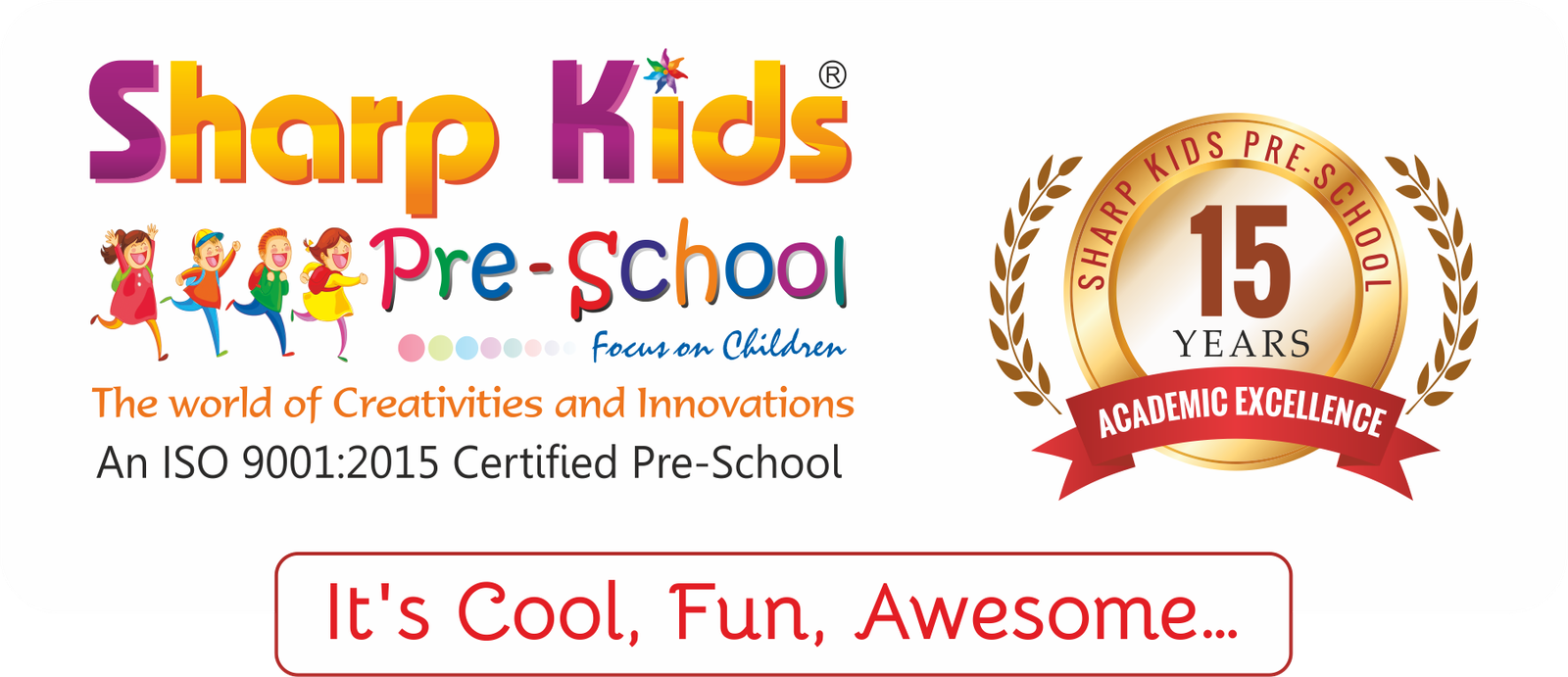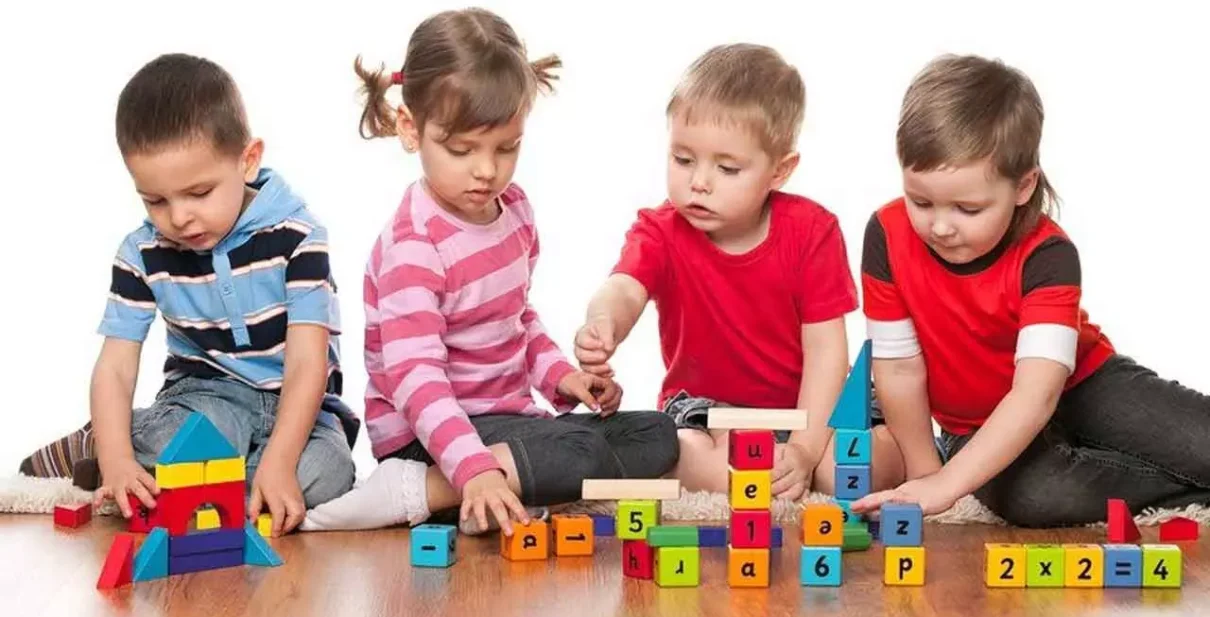Play is often dismissed as mere entertainment, but research consistently shows that play-based learning is one of the most effective approaches to early childhood education. At Sharp Kids, we’ve embraced this philosophy for over 15 years, creating environments where children learn through exploration, creativity, and joy.
Why Play-Based Learning Works
When children engage in play, their brains are incredibly active. They’re processing information, solving problems, and developing crucial skills without even realizing they’re learning. This natural approach to education aligns perfectly with how young minds are designed to absorb knowledge.
During play, children develop essential cognitive skills like memory, attention, and logical thinking. They learn to communicate, negotiate, and collaborate with peers. Most importantly, they maintain their innate curiosity and love for discovery – qualities that will serve them throughout their academic journey.
The Sharp Kids Approach
Our curriculum integrates play into every learning activity. Whether children are building with blocks (developing spatial awareness and engineering concepts), engaging in pretend play (enhancing language and social skills), or exploring nature (discovering scientific principles), every moment is designed to be both educational and enjoyable.
We’ve found that children who learn through play are more confident, creative, and better prepared for formal schooling. They develop a positive association with learning that lasts a lifetime. This is why parents consistently choose Sharp Kids – they see their children thriving in an environment that respects their developmental needs while preparing them for future success.
Creating Joyful Learning Experiences
The key to effective play-based learning is intentional design. Our trained teachers understand how to guide play experiences that target specific developmental goals while maintaining the fun and spontaneity that children crave. This balance between structure and freedom is what makes our approach so successful.
By choosing play-based learning, we’re not just teaching children facts and figures – we’re nurturing their natural love for learning and helping them develop into confident, curious, and capable individuals ready to tackle any challenge.

